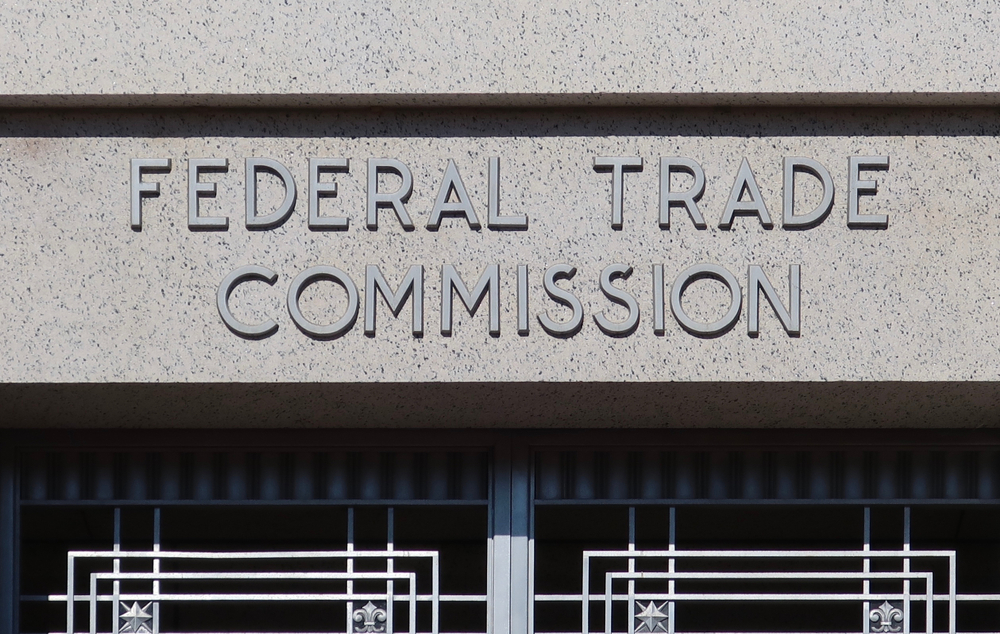
In a move aimed at addressing rising drug prices and fostering fair competition in the pharmaceutical industry, the U.S. Federal Trade Commission (FTC) announced on Tuesday that it has sent notice letters to several major drugmakers and medical device companies, disputing the accuracy and relevance of more than 100 patents listed in the U.S. Food and Drug Administration’s (FDA) Orange Book. The targeted patents include those related to critical medical devices such as asthma inhalers and epinephrine autoinjectors, reported Yahoo.
The FTC’s action comes as part of its ongoing efforts to curb wrongful patent listings in the Orange Book, which can have far-reaching implications for the American public. The Orange Book serves as a critical reference for identifying drugs and products that the FDA has certified as safe and effective for use by consumers. However, companies that improperly list patents in the Orange Book can significantly disrupt the pharmaceutical market, leading to inflated drug prices, hindrance of fair competition, and the delay of more cost-effective generic alternatives.
FTC Chair Lina Khan expressed concern over the consequences of such improper patent listings, stating, “Wrongfully listed Orange Book patents by pharma companies can raise drug prices for Americans, harm fair competition, and delay better drugs.”
Read more: Excessive Pricing in Pharmaceutical Markets
She further highlighted the tangible impact on individuals who rely on essential medical devices, saying, “Millions of Americans rely on inhalers to control their asthma. And even though some of the most popular inhalers have been on the market for decades, they can still cost patients hundreds of dollars a month.”
The issue of wrongful patent listings has been a growing concern for the FTC, and its recent actions underscore the regulator’s commitment to ensuring transparency and fairness in the pharmaceutical industry. In September, the FTC had already warned drugmakers that they could face legal consequences if they inappropriately listed patents with federal health regulators, and it has now followed through on its commitment by scrutinizing the identified improper listings.
While the FTC’s latest move is significant in addressing the problem, it remains to be seen how the targeted drugmakers and medical device companies will respond to the notice letters and whether any legal actions will be pursued. The outcome of this dispute will likely have a lasting impact on the accessibility and affordability of essential medications and medical devices for consumers across the United States.
Source: Finance Yahoo
Featured News
Electrolux Fined €44.5 Million in French Antitrust Case
Dec 19, 2024 by
CPI
Indian Antitrust Body Raids Alcohol Giants Amid Price Collusion Probe
Dec 19, 2024 by
CPI
Attorneys Seek $525 Million in Fees in NCAA Settlement Case
Dec 19, 2024 by
CPI
Italy’s Competition Watchdog Ends Investigation into Booking.com
Dec 19, 2024 by
CPI
Minnesota Judge Approves $2.4 Million Hormel Settlement in Antitrust Case
Dec 19, 2024 by
CPI
Antitrust Mix by CPI
Antitrust Chronicle® – CRESSE Insights
Dec 19, 2024 by
CPI
Effective Interoperability in Mobile Ecosystems: EU Competition Law Versus Regulation
Dec 19, 2024 by
Giuseppe Colangelo
The Use of Empirical Evidence in Antitrust: Trends, Challenges, and a Path Forward
Dec 19, 2024 by
Eliana Garces
Some Empirical Evidence on the Role of Presumptions and Evidentiary Standards on Antitrust (Under)Enforcement: Is the EC’s New Communication on Art.102 in the Right Direction?
Dec 19, 2024 by
Yannis Katsoulacos
The EC’s Draft Guidelines on the Application of Article 102 TFEU: An Economic Perspective
Dec 19, 2024 by
Benoit Durand